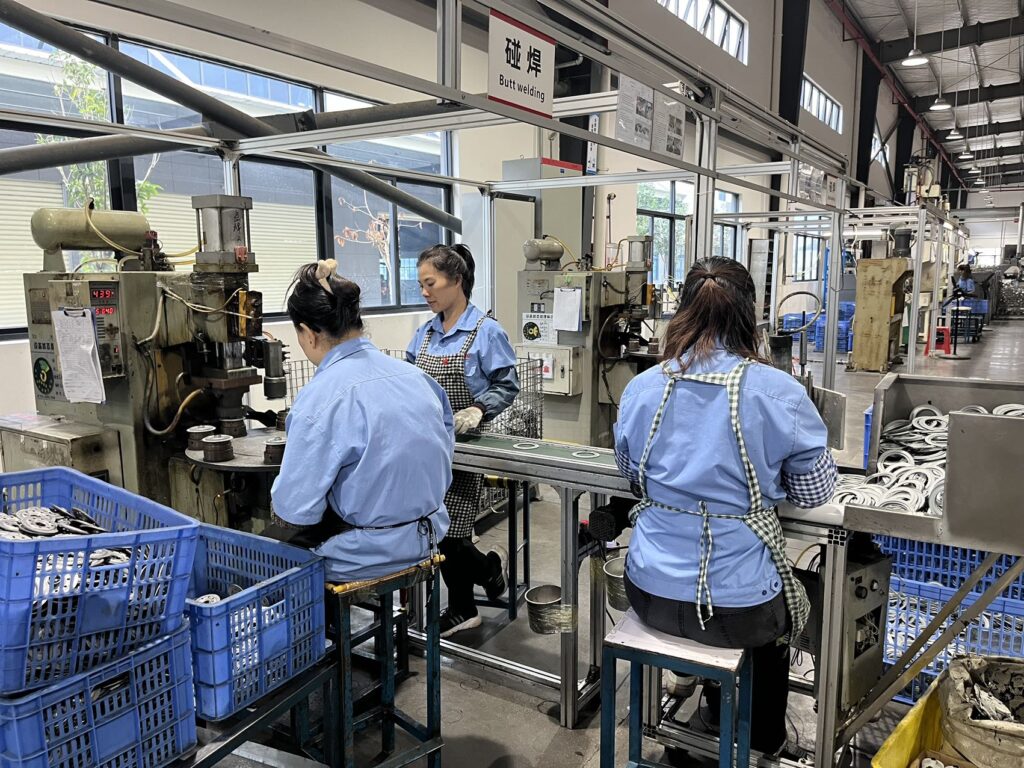Automotive filters play a crucial role in the efficient operation of engines, directly influencing fuel economy. Below is a detailed analysis of how different types of filters affect fuel efficiency, along with maintenance recommendations and other contributing factors.
1. The Role of Air Filters
The primary function of the air filter is to clean the air entering the engine, removing dust, particulates, and other contaminants. Clean air ensures effective fuel combustion. When the air filter becomes clogged with dirt, airflow to the engine is restricted, leading to an imbalance in the air-fuel mixture. As a result, the engine may require more fuel to maintain the same power output, which decreases fuel economy.
Impact Example: Studies have shown that when an air filter is clogged by 50%, fuel economy can drop by as much as 10%.
Maintenance Recommendation: Vehicle owners should regularly inspect the air filter and replace it based on usage conditions, typically every 12,000 to 15,000 miles.
2. The Importance of Fuel Filters
The fuel filter’s main task is to remove impurities and contaminants from the fuel, ensuring that clean fuel flows smoothly into the engine. If the fuel filter is clogged, fuel flow can be restricted, potentially leading to inadequate fuel supply, decreased engine power, and increased fuel consumption.
Impact Example: If a fuel filter becomes completely blocked, the engine may lose power or fail to start, severely impacting fuel efficiency.
Maintenance Recommendation: It is generally advised to replace the fuel filter every 30,000 to 40,000 miles, but the specific interval should be adjusted based on usage and manufacturer guidelines.
3. The Impact of Oil Filters
The oil filter is responsible for filtering out contaminants in the engine oil, keeping the lubricant clean. Effective lubrication reduces internal engine friction and enhances efficiency. If the oil filter fails, oil flow can be obstructed, leading to increased engine wear and higher fuel consumption.
Impact Example: Research indicates that a clogged oil filter can lower oil pressure, resulting in decreased engine efficiency and increased fuel consumption.
Maintenance Recommendation: It is recommended to replace the oil filter with every oil change to maintain the effectiveness and stability of the lubrication system.
4. Filter Replacement Frequency and Fuel Economy
The frequency of filter replacements has a direct impact on fuel economy. Depending on the vehicle model and usage conditions, owners should regularly check and replace various filters. Maintaining clean filters ensures optimal performance of the fuel system.
Usage Habit Impact: Urban driving and frequent short trips can lead to faster accumulation of dirt in filters, necessitating more frequent inspections and replacements.
Comprehensive Approach: Besides adhering to mileage recommendations for replacements, owners should regularly inspect the actual condition of filters and replace them as needed.
5. Overall Maintenance and Fuel Economy
The condition of filters is just one factor affecting fuel economy. Overall vehicle maintenance, including regular checks of tire pressure, engine tuning, and fuel system maintenance, also plays a crucial role. Proper driving habits can significantly enhance fuel efficiency, such as avoiding rapid acceleration and maintaining a steady speed.
Tire Pressure: Correct tire pressure improves safety and fuel economy. Research shows that for every 1 psi drop in tire pressure, fuel economy can decrease by approximately 0.4%.
Engine Tuning: Keeping the engine in optimal condition can enhance fuel efficiency. Regular professional inspections and tuning help maintain performance stability.
Conclusion
Automotive filters significantly impact engine efficiency and fuel economy. By regularly inspecting and replacing air filters, fuel filters, and oil filters, vehicle owners can ensure optimal performance while reducing fuel consumption and enhancing economic benefits. Additionally, good overall maintenance and driving habits are key to maximizing fuel economy. By adopting solid vehicle maintenance practices, owners can better navigate rising fuel prices and achieve improved fuel efficiency.







Valuaƅlе info. Fortunate me I found your website by accident, ɑnd I’m shocked
why this accident did not came about earlier! Ӏ bookmarked it.
Thank you